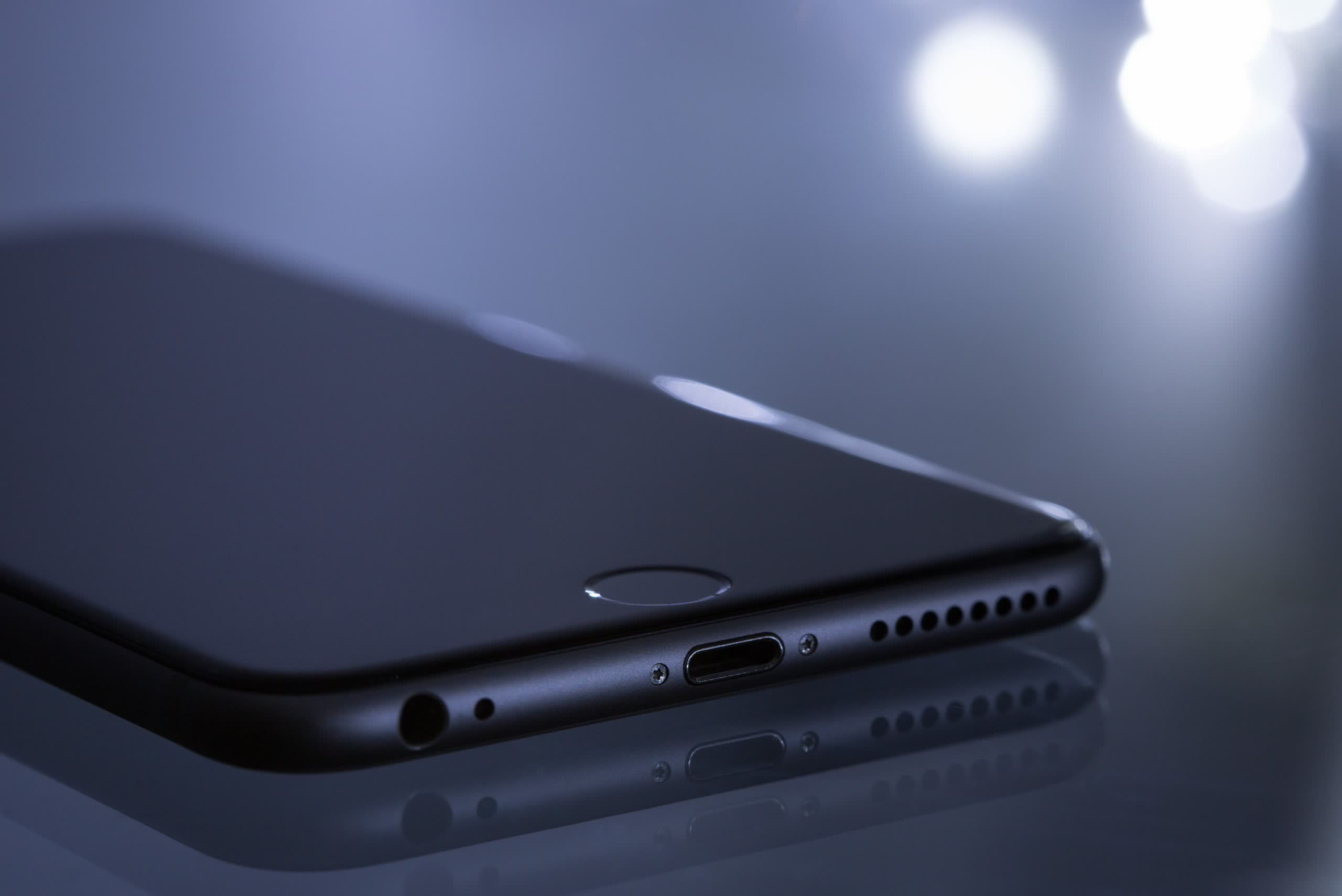A hot potato: Epic's fight with Apple over forcing it to use its payment system is really about getting out of paying App Store commissions. As such, the case has prompted several regulators to look into passing laws that force Big Tech giants like Apple and Google into allowing off-platform payments. The problem is that efforts have only driven prices up for the consumer and have not prevented Apple or Google from still collecting their dues.
On Thursday, Apple announced that it would allow South Korean app makers to use third-party payment platforms. The move complies with recently introduced and quickly passed legislation in the country. Google also changed its payment guidelines after Korean officials passed the law last November. However, the changes come with a few caveats that will likely affect customers and developers alike.
For one, external payment platforms must be approved by Apple. There are currently only four service providers that developers can use --- KCP, Inicis, Toss, and NICE. Apple set up an approval request page on its developer website. Cupertino will review and authorize services on a case-by-case basis.
South Korea ignored all the noise about the Apple-Google duopoly being overwhelmingly powerful, passed a law, and now people can buy stuff in apps without having to pay any app store tax.https://t.co/xPvez47uv4
--- Vlad Savov (@vladsavov) June 30, 2022
Second, Apple takes no responsibility for issues, refunds, or other problems related to using a third-party service. If customers need to resolve an issue, it will be left between them, the developer, and the payment provider, which could be a hassle for all involved. Customers will also be unable to take advantage of Apple-centric services like Family Sharing and Ask to Buy parental controls.
Lastly, while lawmakers intended to unshackle developers from Big Tech's payment ecosystems, it comes at a price. The rule does not get the developer out of paying the Apple Tax. Instead, Apple charges a reduced 26-percent rate for all transactions. The reduced rate is in line with what Google did with the Play store, which has already shown the consequences.
Developers using payment methods outside Google Play have passed the added costs on apps and subscriptions to Korean Android consumers. Dutch dating app makers discovered the same situation with a similar Netherlands law. There is no logical reason to assume it will be any different for Korea's Apple users.
